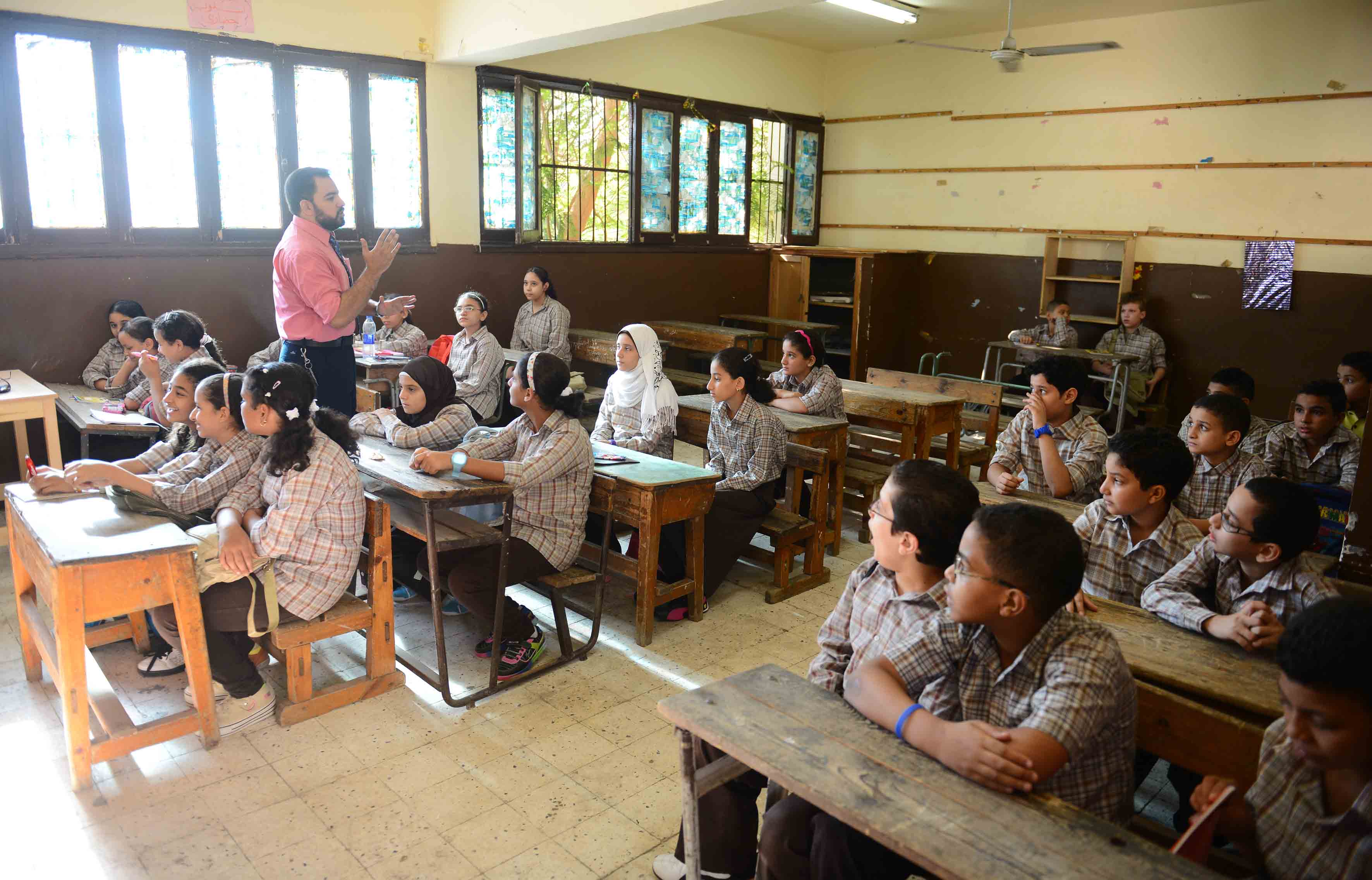Egyptian President Hosni Mubarak made a public appearance on Thursday at an air-force parade in the province of Sharqiyah. Live coverage of the event at the Air Force Academy was broadcast on state television in what observers see as an immediate state response to circulating rumors about the president “waning” health.
Rumors about the presiden’ts health emerged after he cancelled a Wednesday meeting with Netanyahu for the second time in a row, a move which many immediately tied to his health condition. According to Reuters, Lebanese newspaper As-Safir was one of the first news outlets to suggest that the cancellation was due to the fact that the president was “traveling to Germany for treatment again.”
Egyptian government spokesperson Magdy Rady told a news conference that “the president is in good health,” adding that recently published news regarding Mubarak’s health are not true, Reuters has reported.
Meanwhile, Washington has refused to comment on the situation. In a press conference a day earlier, US State Department spokesperson Philip Crowley said it is up to the Egyptian government to comment on Mubarak’s health status.
The president’s schedule for the next two weeks appears to be full to the brim. On Sunday, he is set to meet Palestinian leader Mahmoud Abbas and Israeli Prime Minister Benjamin Netanyahu. On Tuesday, he is scheduled to meet with his Turkish counterpart. Mubarak is also planning to attend two military school ceremonies before the month’s end.
Political commentator Diaa Rashwan, however, says that July is always a busy month because of military academies’ graduation ceremonies.
“It’s an unchanging tradition that the president attends every single one of them without exception in his capacity as commander-in-chief of the armed forces,” said Rashwan, doubting that these ceremonies have been hastily prepared to dismiss rumors about Mubarak’s health. “These events are impossible to prepare for in a matter of days, they require security permits and other measures that must be planned weeks in advance.”
Rashwan believes that because of lack of government transparency, “there isn’t enough data on the inner workings of the Israeli-Egyptian relations or the state of the president’s health to help us speculate the most likely reason why meetings with Netanyahu were cancelled.”
“In general, these rumors emerge because of the politics of the regime, they’re not personal to the president. Lack of information creates speculation,” comments Rashwan.
The Egyptian government has been increasingly defensive about rumors surrounding the 82-year-old president’s health–with government officials, state-run papers, and even First Lady Suzanne Mubarak scrambling to dispel any suspicions that Mubarak is not well and using images and video footage of the president to prove the “rumor mongers” wrong.
Rumors about the president’s ill-health have sproadically appeared since 2004. Some newspapers have even been sued for reporting on such rumors.
In one famous case two years ago, Ibrahim Eissa, government critic and editor of the independent weekly Al-Dostour, was referred to court for spreading false and damaging information about the head of the republic, an alleged threat to national security. Eissa received a prison sentence and a fine which were later overruled by a presidential pardon. The whole episode was seen as a warning signal for Egyptian journalists to avoid reporting unconfirmed news about the president.
In March this year, as Mubarak was undergoing a gallbladder surgery in Germany, local blogs and popular social media websites like Twitter and Facebook were awash with rumors about the president’s ill-health. In what seemed like another effort to end speculations about his condition, state television released a mute video showing Mubarak sitting in a hospital room chatting with doctors. State media reports denied that his condition was critical at any point during the surgery.




